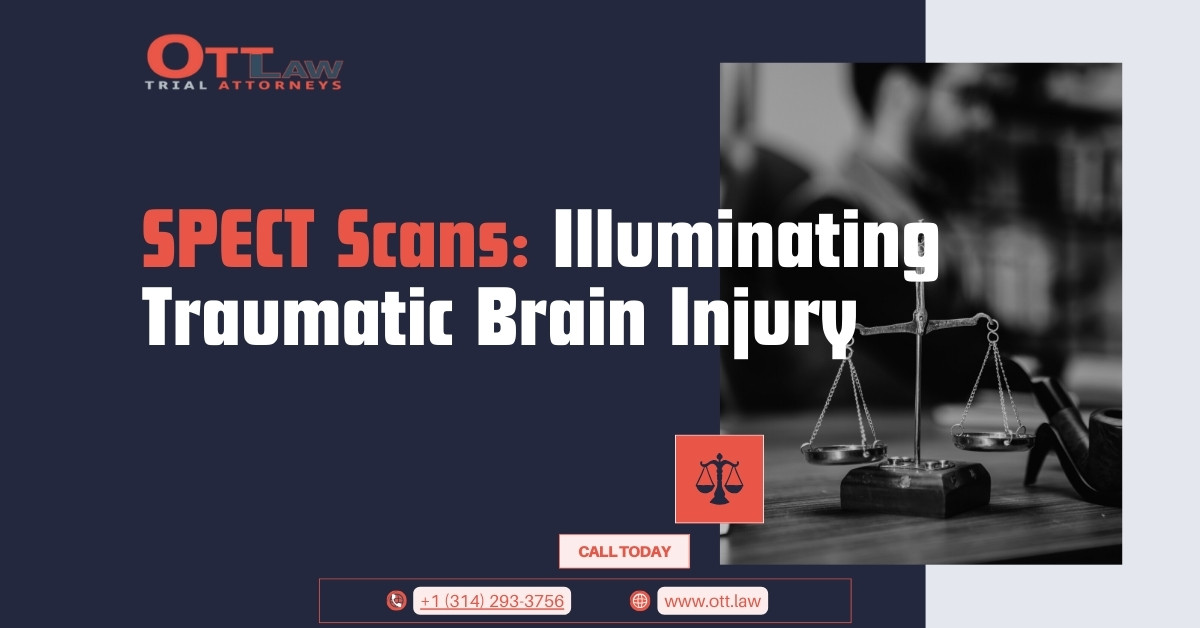Brain injuries remain one of the most complex areas in medical science, and diagnosing their extent and nature requires advanced imaging techniques. Among these techniques, SPECT scans have emerged as a vital tool in understanding Traumatic Brain Injury (TBI).
Understanding SPECT Scans
SPECT scans, or “single photon emission computed tomography” scans, are a type of imaging that captures the cerebral activity by detecting gamma radiation externally. This imaging method is founded on the principle that areas of increased activity in the brain also witness enhanced blood flow.
Advantages of SPECT Scans
- Accessibility & Cost: SPECT scans are often more readily available in many medical settings compared to some other imaging techniques like PET scans or functional MRIs. This availability often translates to being more cost-effective for patients.
- Detailed Imaging: Though the resolution of SPECT scans might not be as refined as PET imaging, it still offers valuable insights into the cerebral activity and potential areas of concern.
Limitations & Criticisms
While SPECT scans are undeniably helpful, it’s essential to approach their results with caution.
- Subjectivity: One of the significant criticisms is that interpretations of SPECT scans can vary among clinicians. Since the readings can be somewhat subjective, different experts might deduce varied conclusions from the same scan.
- Resolution Limitations: As mentioned earlier, SPECT scans do not have as good a resolution as some other imaging methods, like PET scans. This means that while SPECT scans are valuable, they might not capture the minutest details of cerebral activity.
Concluding Thoughts
In the realm of Traumatic Brain Injury cases, SPECT scans have played an instrumental role in providing a deeper understanding of the injury’s extent. While they offer invaluable data, it’s crucial to interpret them in conjunction with other diagnostic tools and expert opinions.
For a comprehensive approach to TBI cases and other legal concerns, reach out to us at OTT Law Firm.
- Address: 3544 Oxford Ave, Maplewood, MO 63143, United States
- Phone: +13142933756
- Email: joe@ott.law
- Website: OTT Law
References:
- Gamma radiation detector
- Correlation between increased cerebral activity and increased blood flow in the brain.
- Comparison between SPECT scans, PET scans, and functional MRIs in terms of accessibility and cost.
- Resolution limitations of SPECT scans compared to PET imaging.
- Potential subjectivity in interpreting SPECT scans.

